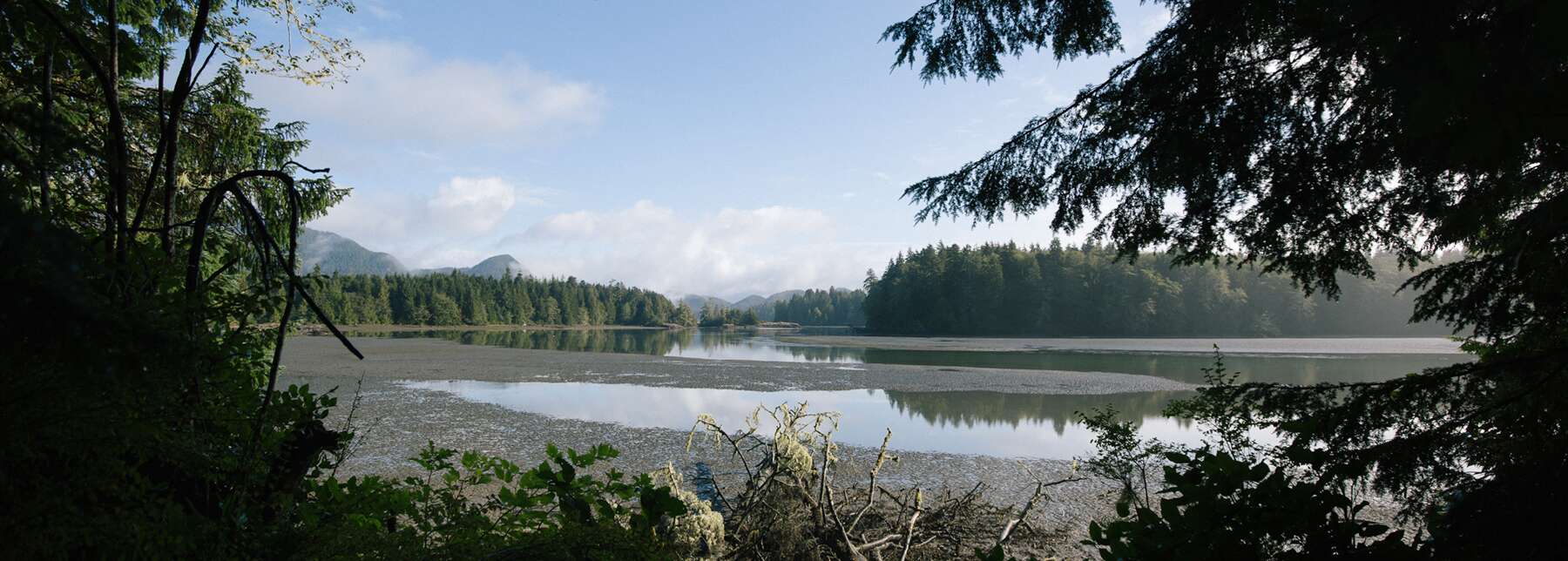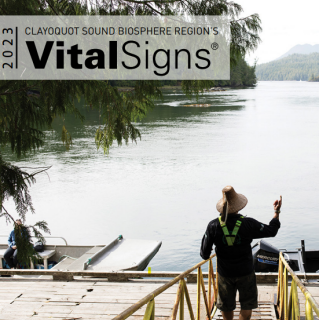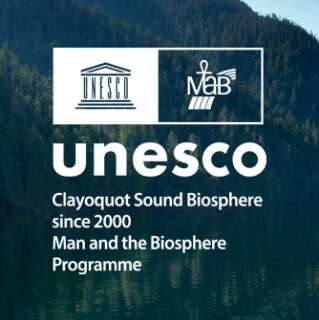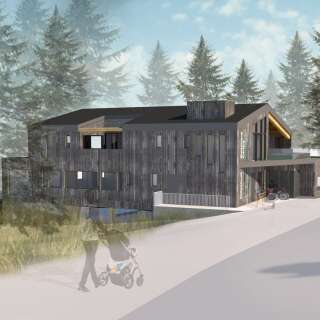Large-scale Chinook salmon research project receives CBT Biosphere Research Award
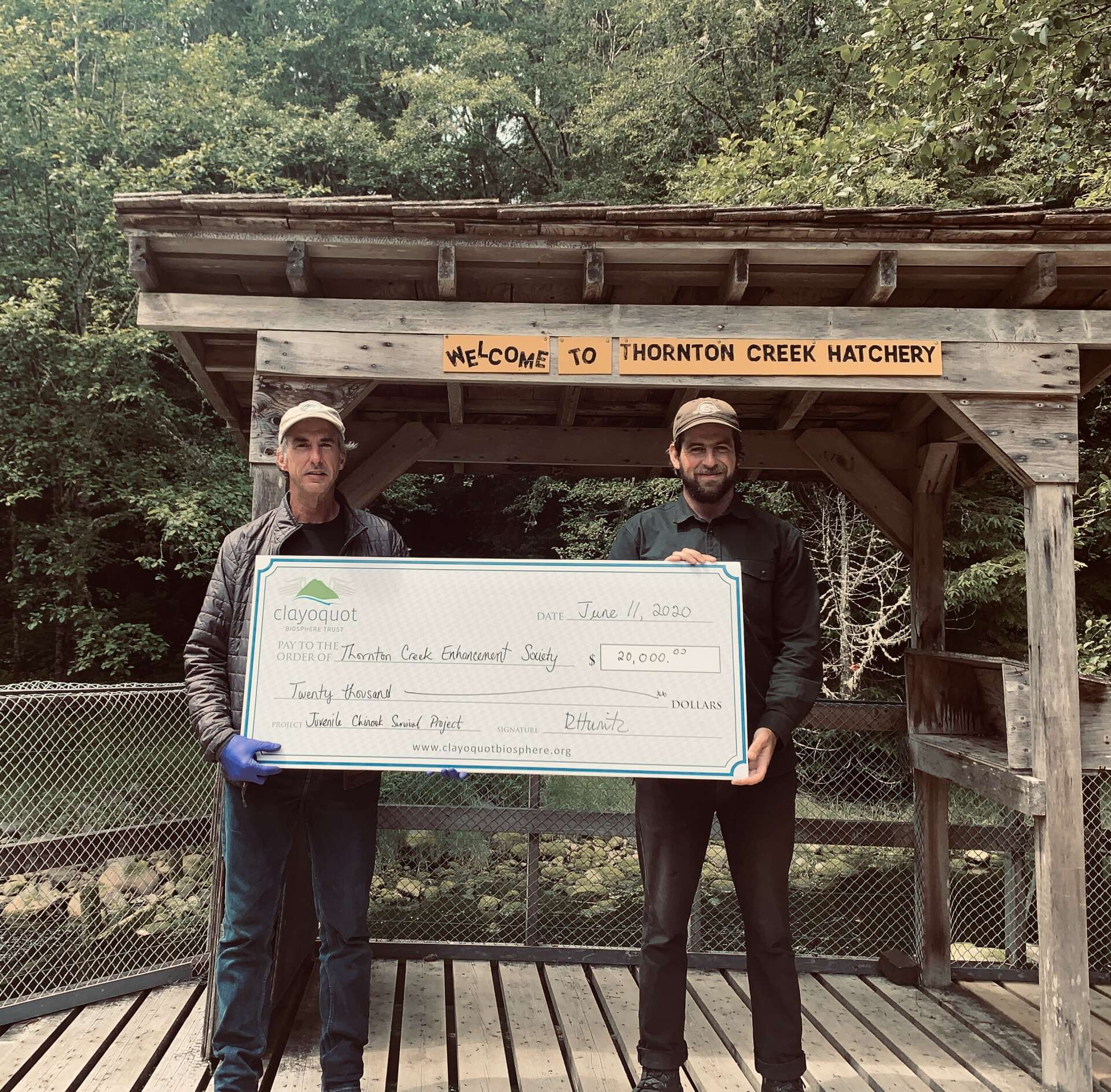
Every year, the CBT grants a $20,000 Biosphere Research Award to support research that advances the local understanding of conservation challenges in our marine and/or terrestrial ecosystems and helps us prioritize conservation actions within the Clayoquot Sound Biosphere Region.
We are excited to announce that the 2020 Biosphere Research Award will help support a large research collaboration to better understand juvenile Chinook salmon survival and growth during their first year of life in the freshwater and marine environments of West Coast Vancouver Island (WCVI). Led by the Thornton Creek Enhancement Society, the project involves extensive partnerships with Toquaht Nation, Central Westcoast Forest Society, Department of Fisheries and Oceans and the Pacific Salmon Foundation, as well as Tla-o-qui-aht and Ahousaht First Nations. Research will be conducted across Barkley and Clayoquot Sounds over several years with a total project budget approaching $200,000.
Chinook (also known as Tyee, King, or Spring salmon) are the largest salmon species in the pacific salmon genus and are highly valued culturally, recreationally, and commercially. They are also keystone species in both the terrestrial and marine ecosystems they inhabit. However, Chinook stocks have been in decline in terms of both the quantity and size of fish along the entire North American coastline, with WCVI stocks continually shown to be one of the most underperforming stocks in B.C.
Research indicates that if Chinook populations experience high mortality during the early life stages, little can be done to improve population outcomes. In other words, any work that improves juvenile survival can have the greatest effect on population size when compared to other life-history stages. The information generated by the project will increase local community fisheries research capacity while informing management, enhancement, and conservation decisions for the entire WCVI region.
Specifically, the project seeks to answer the following questions:
- What are the survival and growth rates of hatchery-produced Chinook in-river and is there a difference in survival and growth depending on where in the river hatchery fish are released?
- How do hatchery growth and survival compare to wild fish? When and where are hatchery fish and wild interacting?
- When/Where is early life mortality occurring? Are there bottlenecks to survival?
- How long are fish residing in freshwater vs salt?
- What are the depth and temporal habitat preferences of juvenile fish in the study area? Where are these preferred habitats?
- What is the genetic composition of juvenile Chinook in the study area? What rivers did they come from?
The CBT would like to thank the volunteer technical review committee members who took their time to review four excellent submissions to the 2020 CBT Biosphere Research Award. To learn more about the winning project or how you can help support these research efforts, please contact Dave Hurwitz, Executive Director of the Thornton Creek Enhancement Society at thornton.creek.hatchery@gmail.com.
